By Leora Kahn, Executive Director of PROOF: Media for Social Justice
During the holiday season, generosity is the norm. But here, at PROOF: Media for Social Justice, we have taken this concept to a new level: extreme giving. Working in conflict zones where people suffer heinous human rights abuses, extremity is, sadly, our everyday milieu.
While some members of conflict-riddled societies wreak chaos and destruction, others are making some of the most moving acts of generosity and self-sacrifice humanly possible. These extraordinary actions taken by “ordinary” people—farmers in Rwanda, bus drivers in Bosnia, villagers in Cambodia and Sri Lanka—redefine the very meaning of giving.
Giving can be so much more than just donating money. At PROOF, we interact with a different kind of giver: those who give of themselves. Some give of their mind: offering wisdom, love, acceptance, or comfort. Others give of their body: sacrificing physical labor, personal safety and security, time, or health. And, there are those who give of their resources: providing money, shelter, food, or material goods.
The more heroic are people who have given of themselves in extreme situations where the stakes are stratospheric: when saving a life can mean risking your own. But no matter what form giving takes, it ultimately comes from the heart. It is this spirit of giving that unites us all and that we, at PROOF, would like to celebrate with you during this giving season.
PROOF: Media for Social Justice is a nonprofit organization that uses visual media to increase awareness about genocide and other human rights abuses while working to foster peacebuilding around the globe.
Our programs include international exhibitions that raise awareness about the societal harm caused by conflict, including violence, sexual assault, and the plight of child soldiers, as well as inspiring stories, such as rescuers who risked their lives to save people their societies branded as “the other” during genocides.
We partner with international agencies, local organizations, and renowned photographers to connect with people who survived violence in conflict zones as witnesses, victims, villains, heroes, or heroines—those who have a story to tell and a means to tell it.
Stories of ordinary people in extraordinary situations have the power to heal, to educate, and to incite both local and international action and change. What the heroes of these stories have given is not easily defined, but surely it includes a piece of their heart, their soul, and their pain.
Sometimes extreme givers give us their trust and their stories at great cost or risk to themselves. Speaking of the personal experience of violence is difficult in and of itself, but the pain is often only one aspect of what the extreme giver sacrifices.
Sometimes they give their social and personal security, as they risk their reputations and relationships by urging communities to speak publically about taboo issues. Some of them give their innocence, as they confess to offences they would rather forget and have no obligation to disclose. Some of them give their inner peace, as they recount a period overfilled with tragedy and loss. Whatever they give, they do so because they believe in healing, reconciliation, and change. They believe that standing up and speaking out can bring a more peaceful tomorrow.
What PROOF gives back is a voice. We focus on telling the stories of those who have suffered and survived, and those who have overcome great obstacles and dangers to fight for justice. We give our time and attention, our knowledge and skills, and our resources and connections to create programs and exhibitions that provide tools that aid in the work towards justice and peace.
We are so fortunate to have worked with many extreme givers. Over the course of the next 10 weeks, PROOF would like to give you a sense of the spirit of these remarkable people to inspire you and to give them the attention they deserve.
Every Tuesday through December 2nd, we will be highlighting and applauding the stories and testimonies of extreme givers to celebrate their resilience and altruism in the face of injustice. We hope that their stories will ignite discussion, debate, appreciation, and awareness.
And while these are examples of those who gave during extreme times, their stories prove that giving and generosity have no expectations, no limitations, and can come in many different forms.
Please enjoy, share, comment, and consider these testimonies. We then challenge ourselves and our friends to reconsider how we think of giving and personally reflect on this question:
